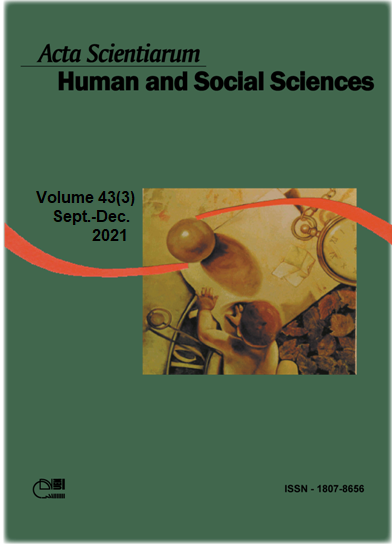Causation in memory: necessity, reliability and probability
Abstract
In this paper, I argue that causal theories of memory are typically committed to two independent, non-mutually entailing theses. The first thesis pertains to the necessity of appropriate causation in memory, specifying a condition token memories need to satisfy. The second pertains to the explanation of memory reliability in causal terms, and it concerns memory as a type of mental state. Post-causal theories of memory can reject only the first (weak post-causalism) or both (strong post-causalism) theses. Upon this backdrop, I examine Werning’s (2020) causalist argument from probabilistic correlation. I argue that it doesn’t establish the necessity of appropriate causation, and thus it can only target strong post-causalist theories. I end up by presenting some general considerations, suggesting that memories may not always be causally linked to past experiences.
Downloads
DECLARATION OF ORIGINALITY AND COPYRIGHTS
I Declare that current article is original and has not been submitted for publication, in part or in whole, to any other national or international journal.
The copyrights belong exclusively to the authors. Published content is licensed under Creative Commons Attribution 4.0 (CC BY 4.0) guidelines, which allows sharing (copy and distribution of the material in any medium or format) and adaptation (remix, transform, and build upon the material) for any purpose, even commercially, under the terms of attribution.
Read this link for further information on how to use CC BY 4.0 properly.
























